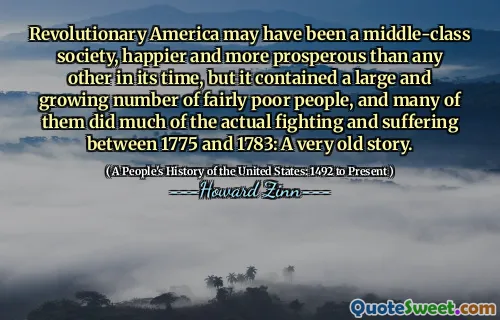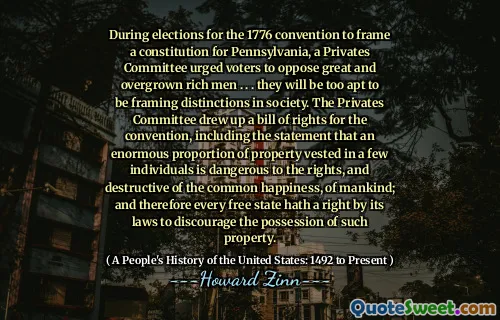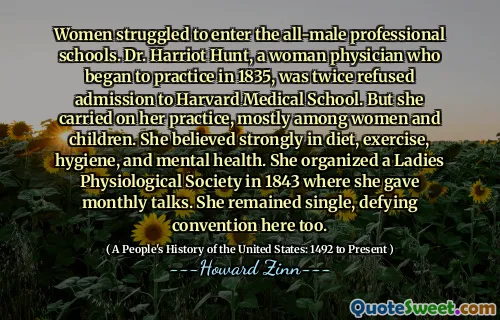All communities divide themselves into the few and the many. The first are the rich and well-born, the other the mass of the people. The voice of the people has been said to be the voice of God; and however generally this maxim has been quoted and believed, it is not true in fact. The people are turbulent and changing; they seldom judge or determine right. Give therefore to the first class a distinct permanent share in the government. . . . Can a democratic assembly who annually revolve in the mass of the people be supposed steadily to pursue the public good? Nothing but a permanent body can check the imprudence of democracy. . . .
The text suggests that societies are divided into two main groups: the elite, comprised of the wealthy and well-born, and the general populace, which is more numerous but less stable. While the notion that the people's voice is akin to the voice of God is widely accepted, the author argues that this view is misleading. People can be capricious and often lack the capability to make sound judgments. Thus, it is proposed that a consistent and influential role for the elite in governance is necessary to provide stability.
The author criticizes the reliability of democratic assemblies that are composed of individuals who frequently change, suggesting that such bodies struggle to focus on the common good over time. To mitigate the risks posed by fluctuating public opinion, he advocates for a permanent governmental structure that can temper the impulsive decisions of a democratic populace, ensuring a more thoughtful approach to governance.








